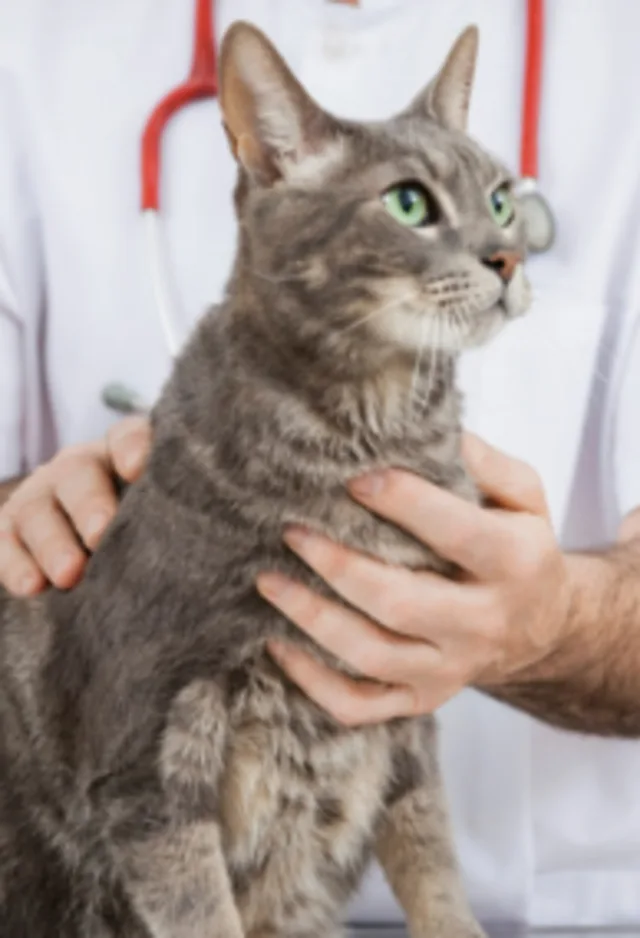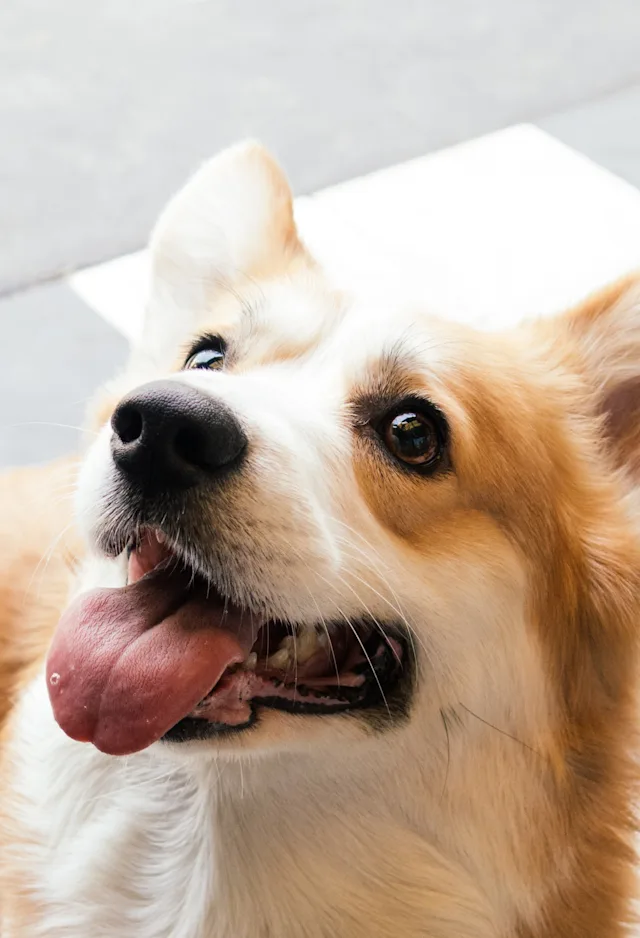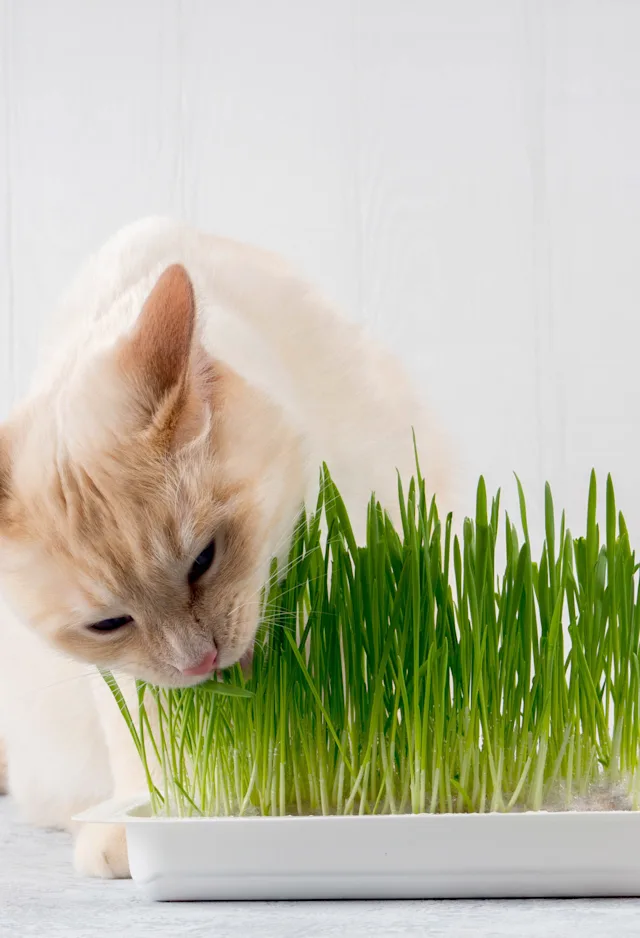Mt. Pleasant Veterinary Clinic





Quality Service You Can Trust
Mt. Pleasant Veterinary Clinic provides you and your pet with quality service that is consistent every time. Whether your pet needs a wellness exam, a checkup, teeth cleaning, or even surgery, this is the place for you.
On this site, you can learn more about the wonderful doctors and staff that make all the magic happen. You will find useful forms and information about our policies that will help make your visit with us as easy and painless as possible. If you have any further questions, feel free to call us at (757) 482-6885.
Client Testimonials and Reviews
We highly value feedback from our clients here at Mt. Pleasant Veterinary Clinic. Hear what clients have had to say about the veterinary care we've been providing since being established in 1970.





